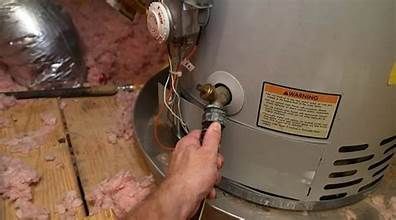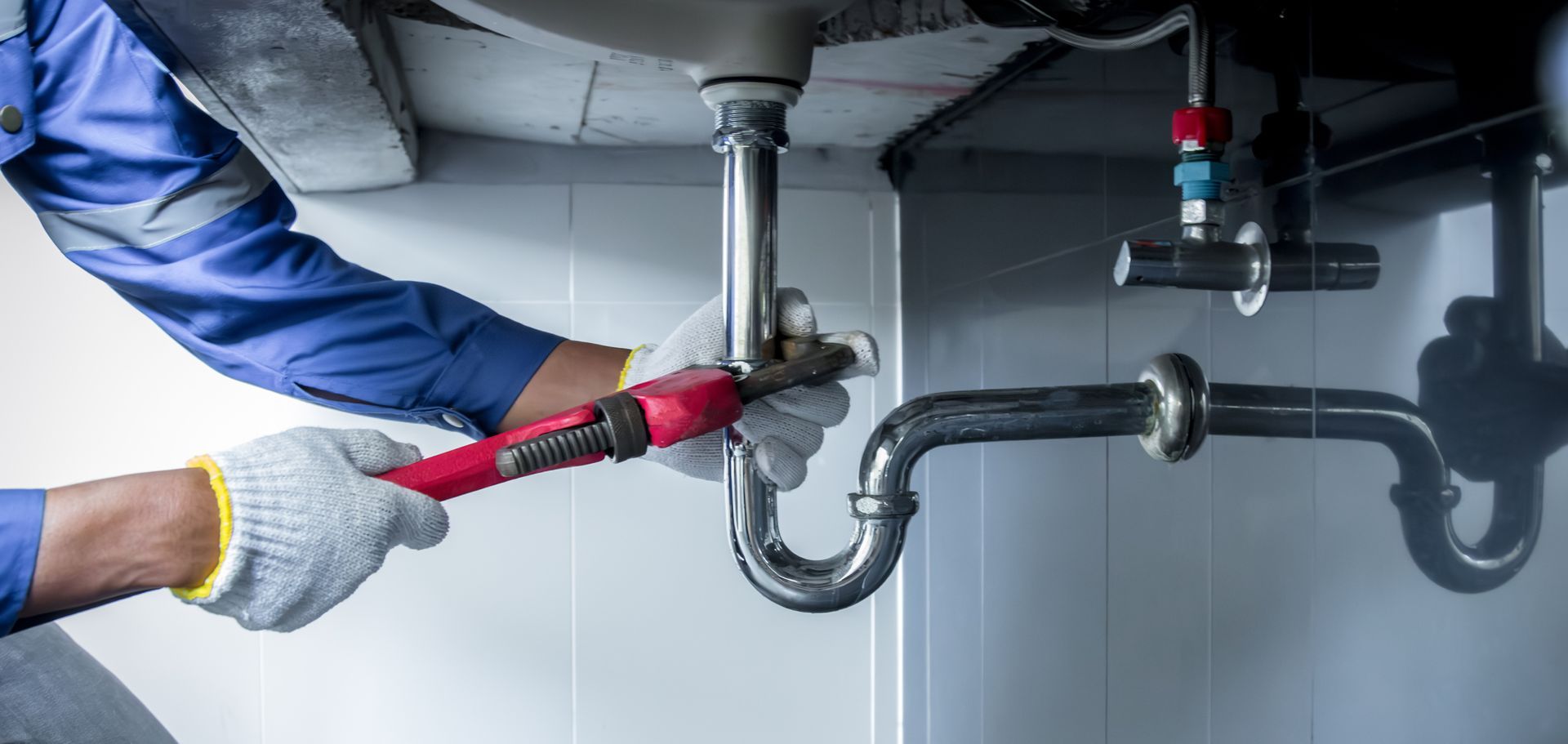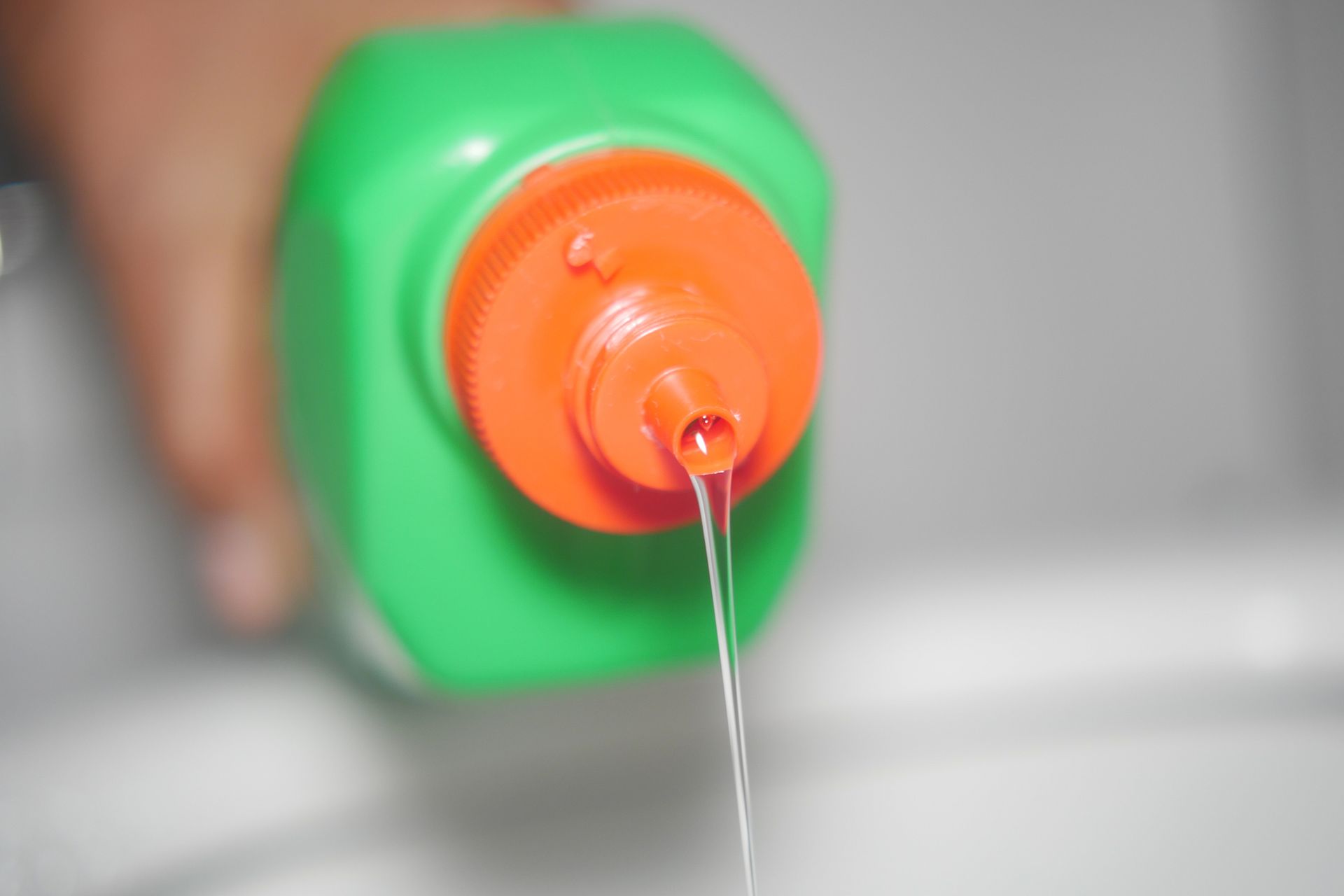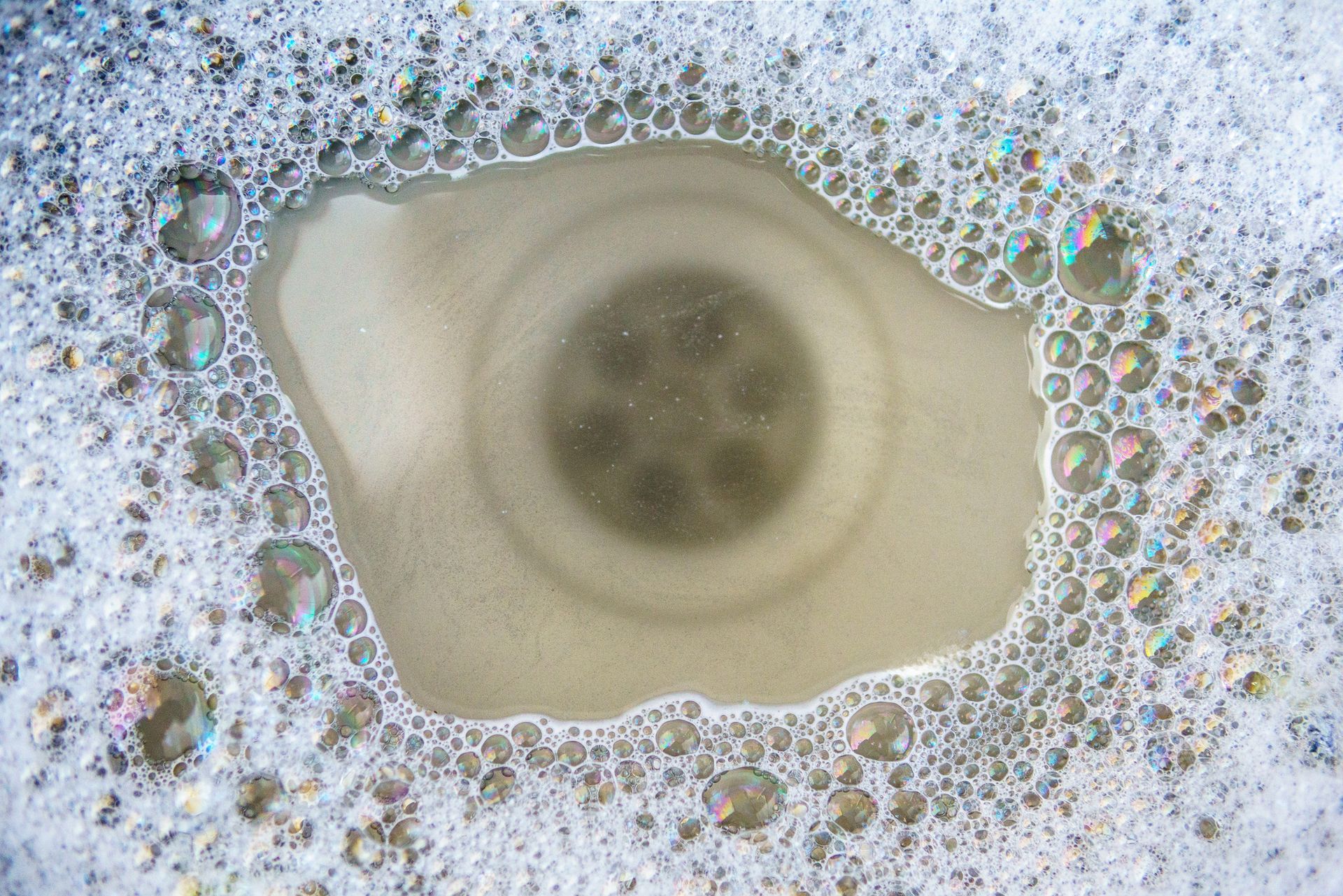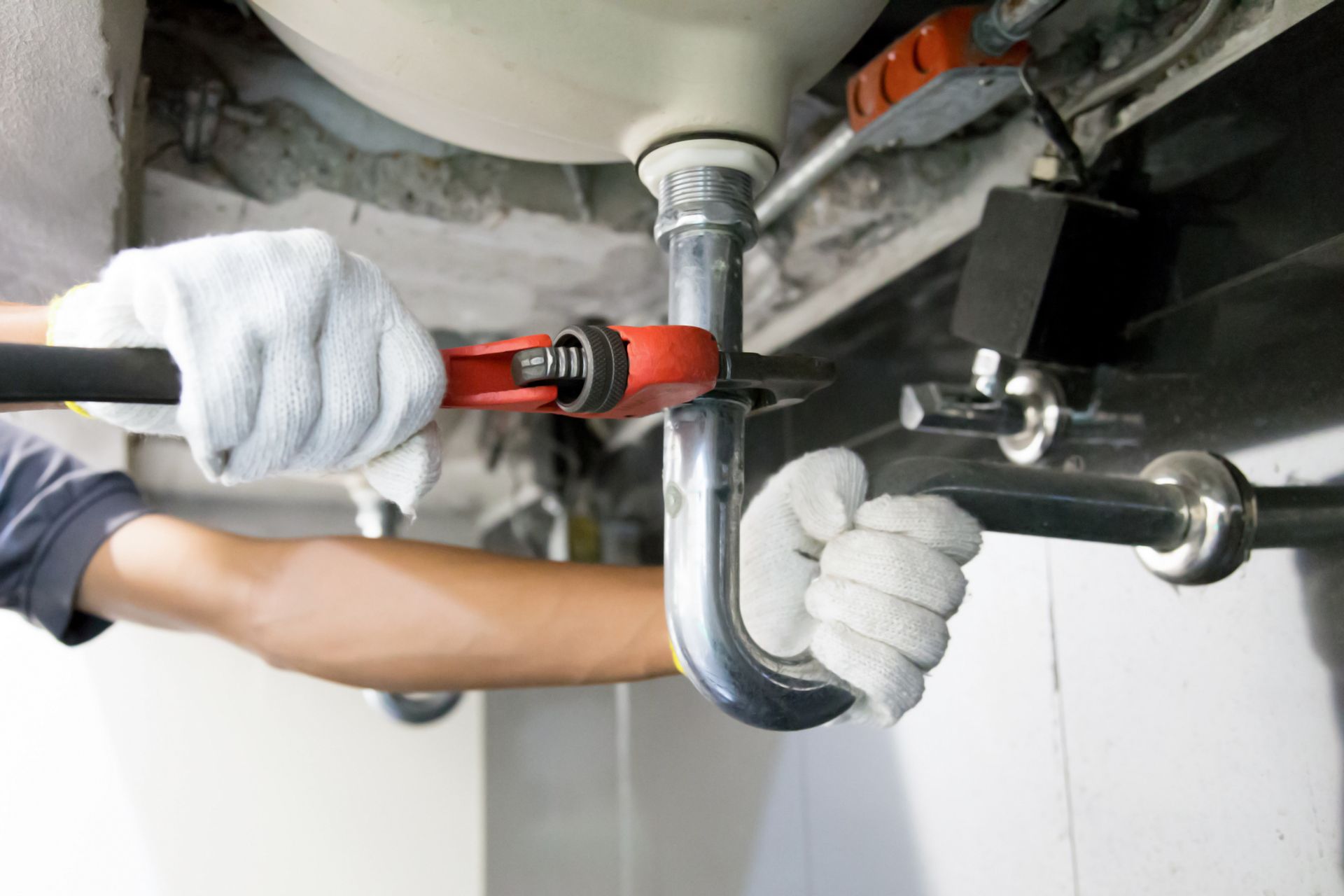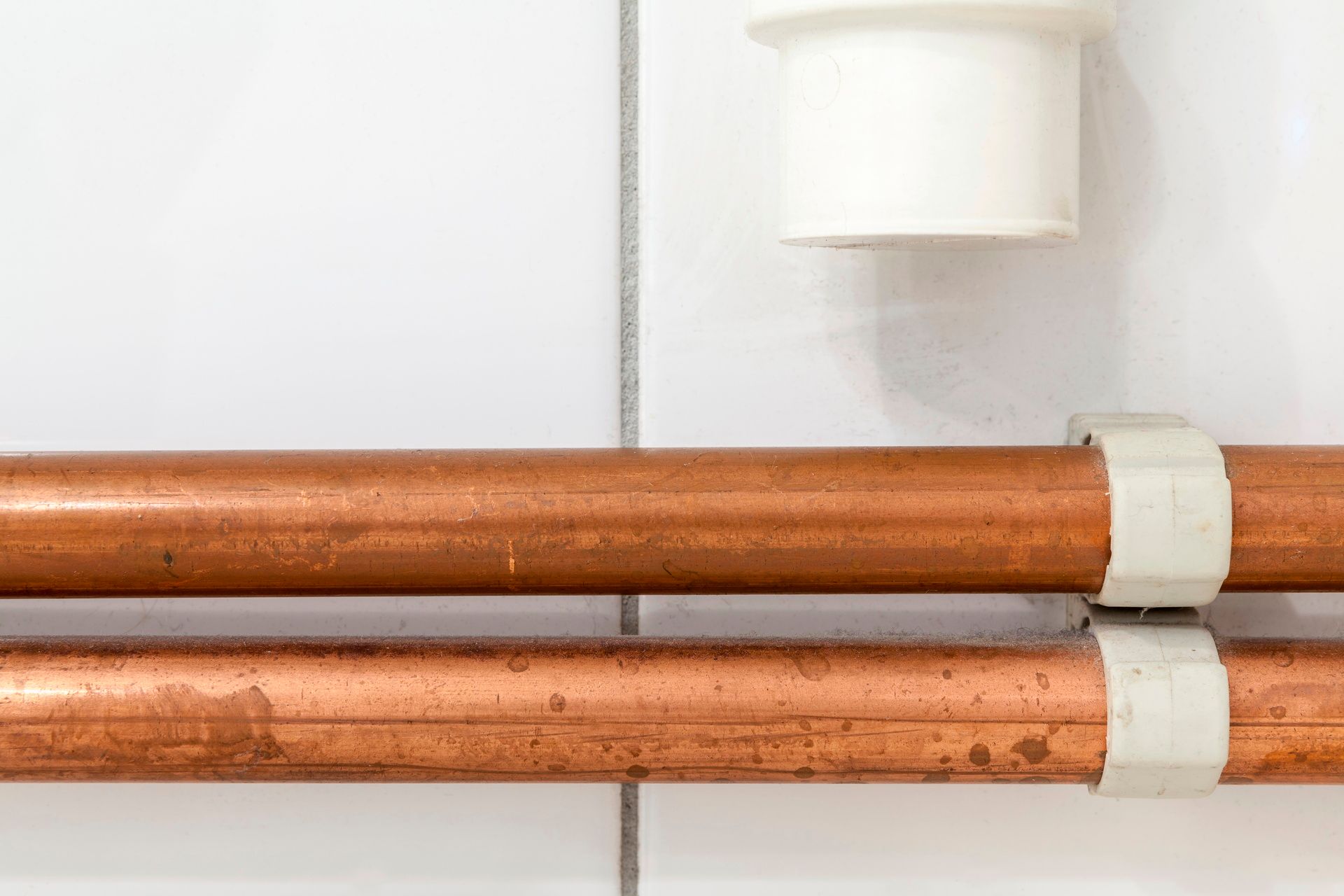A leaky water heater might seem like a small inconvenience—until the damage starts to pile up. While a few drops under the tank may not alarm most homeowners, faulty water heater leaks can quietly cause serious and costly problems over time. What begins as a slow drip can evolve into a mold outbreak, structural rust, or even hazardous water damage. These issues often go unnoticed until they require extensive and expensive repairs. Homeowners dealing with faulty water heaters in Olympia, WA, often don’t realize the full extent of the damage until it’s too late.
What Causes Water Heater Leaks?
Water heater leaks can stem from a variety of issues. Corrosion is one of the most common culprits. Over time, the inside of a tank deteriorates, especially if the anode rod isn’t replaced regularly. Loose or cracked pipe fittings, pressure relief valve failures, and sediment buildup are also frequent causes. These seemingly minor issues can rapidly evolve into significant leaks, setting the stage for more severe damage.
Mold Growth: The Unseen Invader
When warm water leaks into hidden areas like subfloors, drywall, or insulation, it creates an ideal breeding ground for mold. Mold can begin to grow within 24–48 hours of moisture exposure, and once it spreads, it can be difficult and expensive to remove. In addition to structural damage, mold poses serious health risks, especially for individuals with allergies, asthma, or weakened immune systems.
Rust and Structural Deterioration
Rust doesn’t just affect the water heater tank—it can spread to surrounding materials. Metal connectors, pipes, and nearby support structures can begin to corrode if exposed to leaking water. In basements and garages, where water heaters are often installed, rust may go unnoticed until it compromises the integrity of flooring, joists, or even foundational elements. Repairing this type of damage can cost thousands, far more than replacing a faulty unit early on.
Increased Utility Bills and Reduced Efficiency
A leaking water heater forces your system to work harder to maintain hot water levels. Not only does this increase your monthly utility bills, but it also shortens the lifespan of the unit. Sediment buildup from minerals in the water can exacerbate the issue, making the heater less efficient and forcing you to pay more for less performance.
Signs It’s Time to Act
If you notice puddles near your water heater, hear hissing or gurgling sounds, or see signs of rust around valves or tank seams, don’t wait. These early warnings are your best opportunity to prevent extensive damage. You might also detect a musty smell near the unit or feel a drop in water temperature, both of which can signal internal issues. Even a slight spike in your utility bill can be a red flag that your system is working overtime due to an underlying leak.
Regular inspections, prompt repairs, and expert consultations can save you money and stress in the long run. Don’t let a minor leak turn into a major disaster!
The post Faulty Water Heater Leaks: Mold, Rust, and More first appeared on Brooks Plumbing Co..

